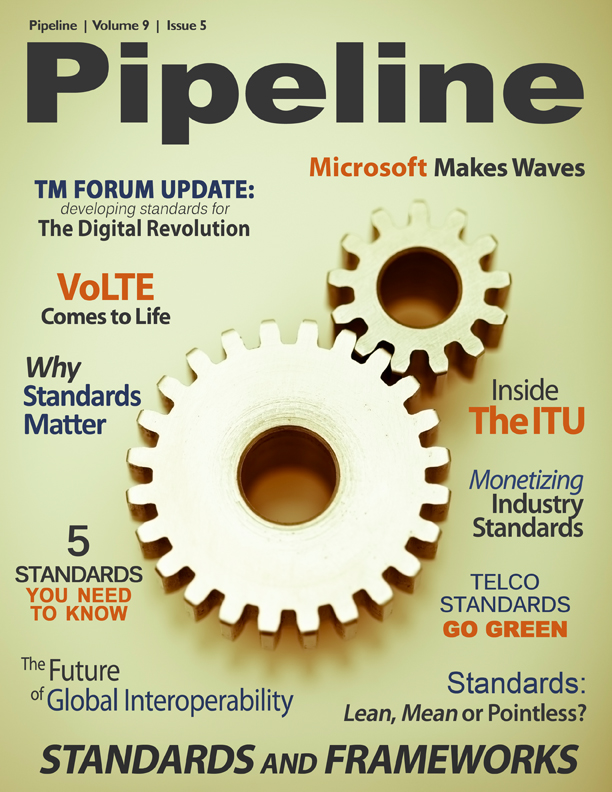Communications IT News
There’s no doubt the iPhone is good for business: iPhone users generate copious amounts of billable mobile data, tend to report higher customer satisfaction and are apt to stick around longer than their non-Apple peers. For instance, T-Mobile doesn’t officially carry the ever-hot iPhone, but that’s not stopping it from flexing what it does have—unlimited mobile data plans—in order to attract iPhone users. T-Mobile is stepping up its marketing toward iPhone users, and a recent leak reveals that the carrier will offer nano-SIM cards for the iPhone 5 as well. What’s more, T-Mobile says the iPhone 4S runs faster on its network than on AT&T’s. “Our internal tests of unlocked iPhone 4S devices running over 4G (HSPA+) on our 1900 network recorded on average 70% faster download speeds than iPhone 4S devices on AT&T’s network,” the company claims.
If the iPhone doesn’t save T-Mobile, maybe its cell towers will. As we were going to press, Pipeline learned that T-Mobile USA signed a $2.4 billion deal with Crown Castle International to lease 7,200 cell towers for a period of 28 years. “We are pleased to reach this mutually beneficial agreement with Crown Castle and take another step closer to realizing the bold vision outlined in our Challenger strategy to solidify our competitiveness in the industry by investing in areas where we anticipate the strongest return for our customers,” said John Legere, Chief Executive Officer of T-Mobile USA.
Market Research Update
Smartphone sales are booming, especially in emerging markets, says Ovum, and this is creating new revenue opportunities for wireless service providers. These new profit paths aren’t intrinsically tied to 4G either. According to Pyramid Research, 80 percent of 4G devices will be shipped to North America and Asia-Pacific over the next five years, meaning the promise of global 4G is still relatively far off.
The Internet of things, or machine-to-machine connectivity (M2M), is predicted to change the world in which we live. From smart refrigerators and cars to action-aware humidors, the possible use cases for M2M are limitless. There’s only one problem: M2M isn’t growing as fast as the industry predicted. New data from Informa Telecoms and Media reveals that M2M business is growing much slower than cellular growth as a whole. In fact just one M2M connection exists for every 50 “human” connections, and $1 of M2M revenue is generated for every $200 of service revenues, reports Informa.
Are our global networks safe enough? That question will drive increased spending on security infrastructure, says a new report from Gartner. The research group anticipates a growth rate of 8.4 percent in the coming year for the market, which encompasses the software, services and network security appliances used to protect enterprise and consumer IT equipment. The growth trend will likely continue beyond 2013, as virtualized, managed and cloud-based services propel additional needs for enhanced security. Stay tuned for the November issue of Pipeline, wherein we’ll examine the many facets of network security in an increasingly connected world.



















